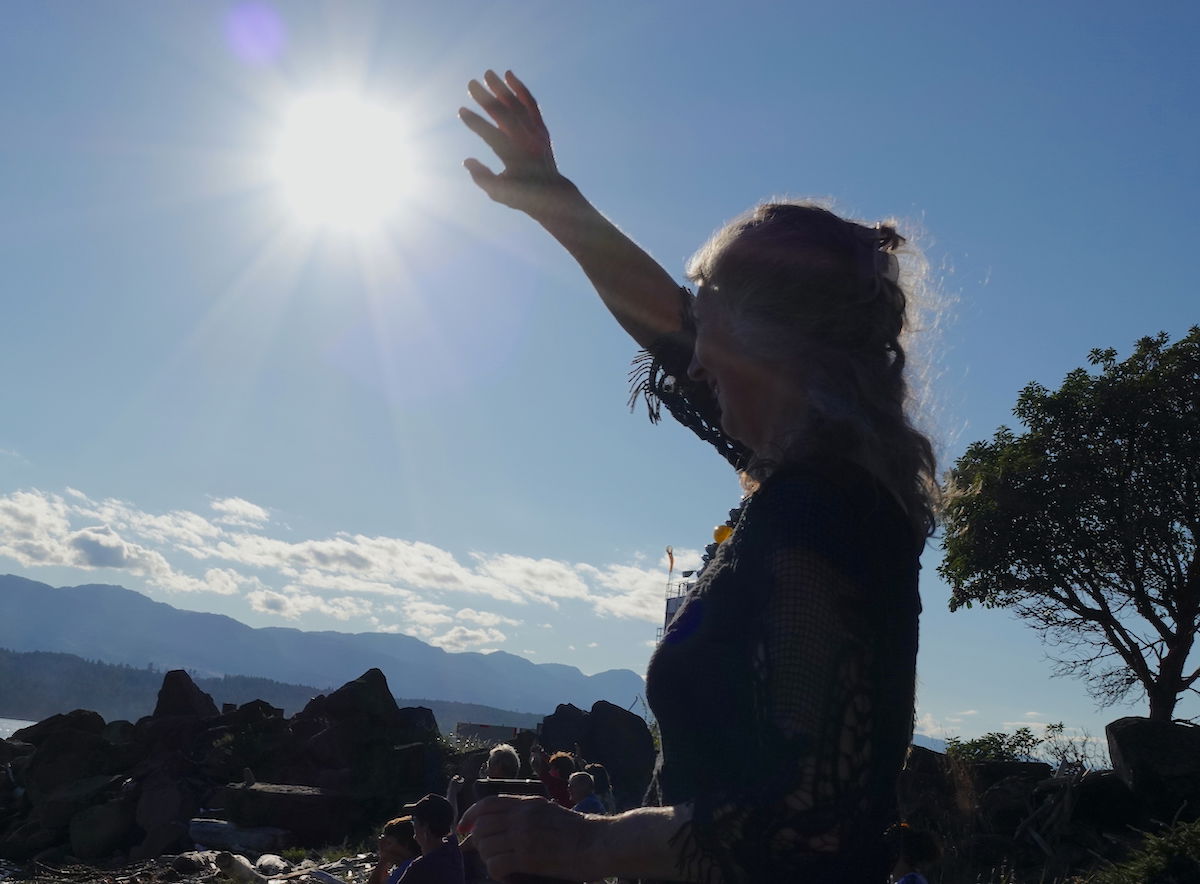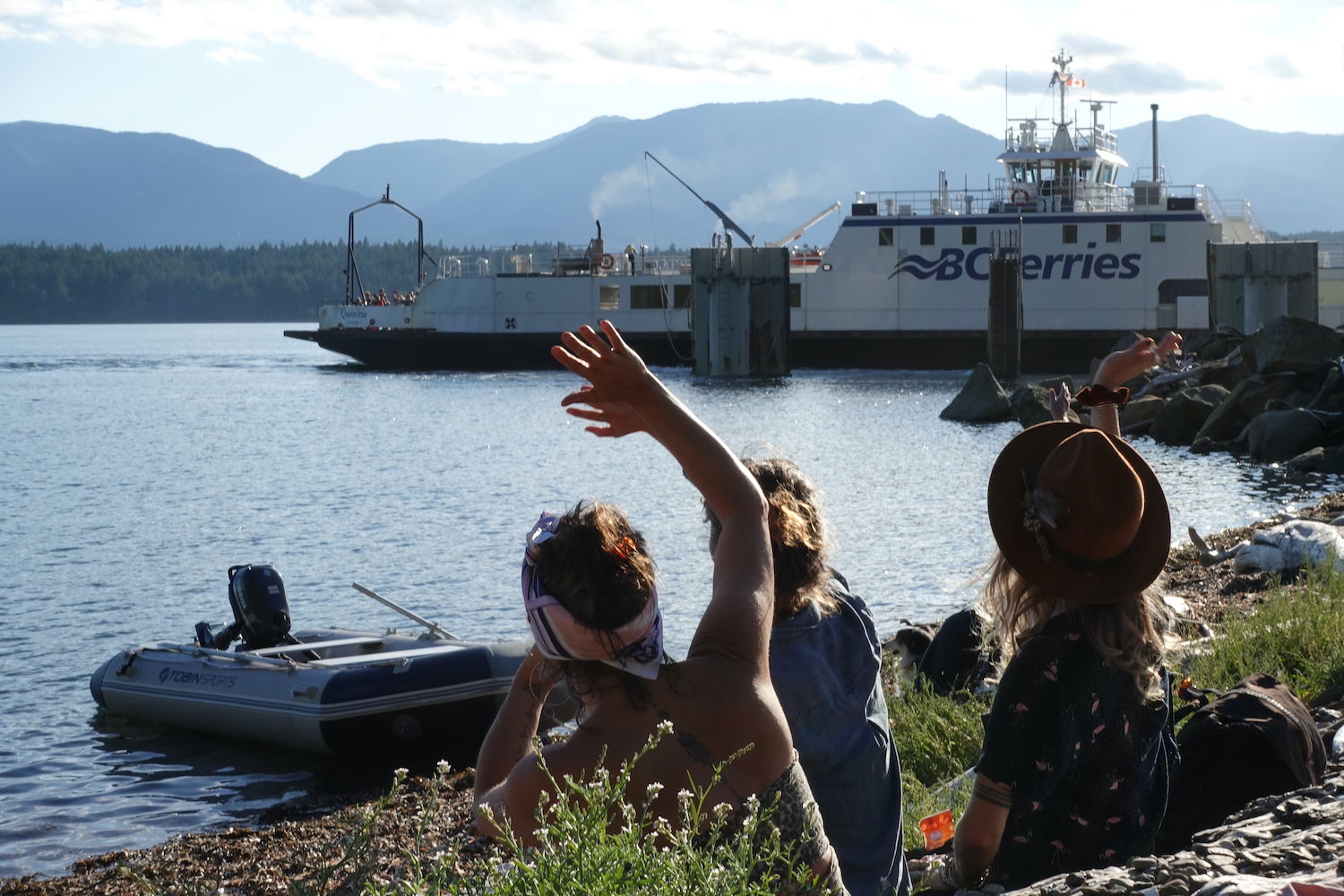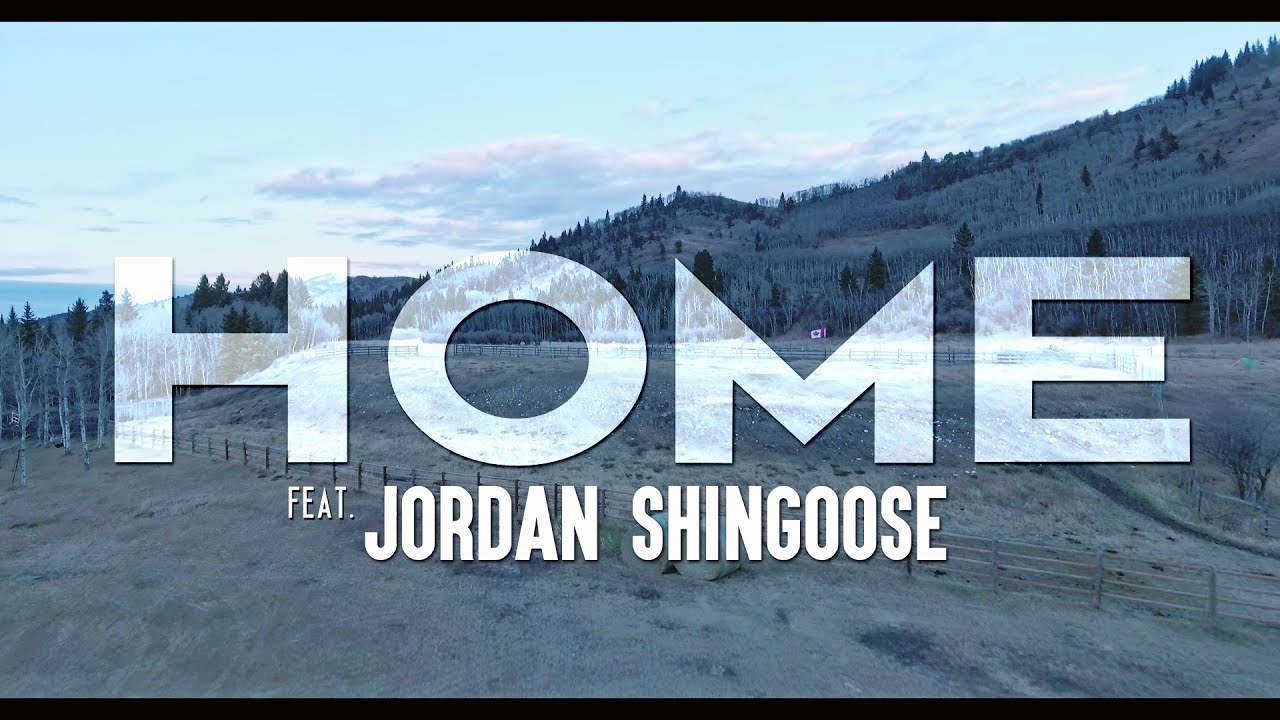TOWARD ISLAND SOVEREIGNTY IN A TIME OF UNCERTAINTY

by William Thomas
Given government overreach and the schizophrenic mass psychosis characterizing so much of the media-bamboozled West, can we exercise local sovereignty in rural communities, where economies of scale and deep allegiance to place facilitate saner paced and prioritized lives?
Let’s ask “Simple Living” proponent, Dr. Ted Tanner. By his measure, even as overdeveloped nations wildly overshoot the carrying capacity of this shared space habitat called Earth, generations of Gulf Islanders are building a “very different kind of civilisation” in which co-existing wild and human kin “lead more fulfilling lives.”
How cool — and resilient — is that?
THROWING BRICS THOROUGH GLOBALIST GLASS
Even as the Two-Thirds World shuns Western colonizers for more supportive bilateral arrangements, those in the massively censored, propagandized and anesthetized West remain largely unaware of this world-changing power-shift away from Western bombast, bombs and broken promises to sanctions-proof trade alliances based on economic partnerships, commodity-based currencies, ongoing dialogue, non-interference, consensus and mutual respect. This month’s BRICS Summit in Kazakhstan will speed the extrication of the Global Majority from the morally, politically and financially bankrupt West, where unjust and unsustainable “consumption without limit” remains the highest political priority.
HOW DEFIANCE FOSTERS RESILIENCE
Crushing independent-minded and self-reliant rural communities remains Job #1 for the World Economic Forum, whose anti-life high priest, Klaus Schwab, boasts of the WEF’s indoctrination of Canada’s Parliament and Prime Minister. Here on Hornby, relentless corporate/government targeting of this island holdout sparked a four-year residents’ revolt against substituting water-intensive condominiums for a suggested eco-village, followed by two separate attempts to impose unsightly and unwanted cell towers on lives vulnerable to their continuous radiation.
ANTIDOTE OF PLACE
Perhaps the best response to systemic insanity is simpler societies. This means, writes Ted Trainer, “mostly small, highly self-sufficient local economies, putting local resources into meeting local needs” — rather than further enriching a few. Importantly, this Aussie champion of “degrowth” and “conserver” lifestyles urges “much more cooperative and participatory ways” that enable communities “to take collective control” of their unique unfolding. Given our dependence on the world beyond our shores, are such “utopian dreams” even feasible?
ANECDOTE OF PLACE
It’s already happening! Our island co-op, recycling depot, community-built health clinic and recently upgraded community garden echo similar initiatives throughout the Gulf Islands. But local enterprises cannot foster self-sufficiency if local decision-making continues to be offshored.
“The important decisions about local development and administration must be made by town assemblies, local committees and referenda involving the participation of all,” Trainer exhorts all who understand that whatever the near future brings, it likely will not feature continued “apex” living atop wavering supply chains and an uprooted global village on the move.
“The Simpler Way is not an option among many,” Trainer emphasizes. With Washington, Ottawa, London, Kiev, Brussels and a rogue Jerusalem bent on ever-riskier global disruption to preserve fleeting personal power and loot — anyone who cherishes children and future meals has no choice but to embrace a just society whose “circular economy” ensures that what goes around comes back around in helpful ways. Rather than constantly smacking us upside the head.
If you live rural, you’re already subverting costly and vulnerable linkages. Just look at how a dozen eggs purchased or bartered from a neighbour’s backyard pen bypasses… “global networks of farms, factories, chemicals, ships, trucks, battery chicken sheds, supermarkets, computers, satellites, people with degrees, advertising, packaging, soil nutrient loss and ‘waste’ removal,” Trainer comments. “All generating” huge and rising “energy costs.”
Underscoring such localised threats, on October 6, unelected WEF’ers demanded a universal ban on home-grown food to “stop global warming.” And cement dependency on factory farms, whose megatons of nitrogen fertilizers emit powerful heat-trapping gases!
Meanwhile, Eco-Villages and Transition Towns seek to recreate the rural advantages and amenities enjoyed in countless island iterations. Since we daily practice Trainer’s “ways and values,” returning already cooperative communities to self-governance is the logical and desirable next step.
VOLUNTARY OR INVOLUNTARY SIMPLICITY?
Now is good! Even if the Straits of Hormuz are not closed to much of the world’s tanker traffic, Middle East oil production is not set alight, someone does not “pop a nuke”, and the overdue Big One is not rocking the Pacific Northwest by the time you read this — these tremulous trends are making many uneasy.
As we have recently seen, mass hysteria does not lead to coherent right action. Instead, transitioning ahead of time to more localized arrangements and regional confederations seems preferable to out-of-touch proxy governments and artificially sustained urbanization. Our own BRICS-mirroring shift will require full local autonomy, reciprocal off-island outreach, and as much “homegrown” resiliency as we can imagine and create.
Happily, those choosing rural living are joining a worldwide movement of shared vision, neighbourliness, and individual liberation rooted in locality. Only by harmonizing attentive grassroots governance with stunningly interwoven natural communities can we ensure our continuing spiritual and physical abundance, shared joy and well-being.

Photo Captions
Saluting our visitors -Will Thomas photo
Waving goodbye -Will Thomas photo
SOURCES
BRICS Summit: Kazakhstan’s Keen Interest in Deepening Partnership
How to Restore Our Relationship to Earth
What is to be done? Thoughts on degrowth strategy
Simpler Way VIDEOWEF demands ban on homegrown food
